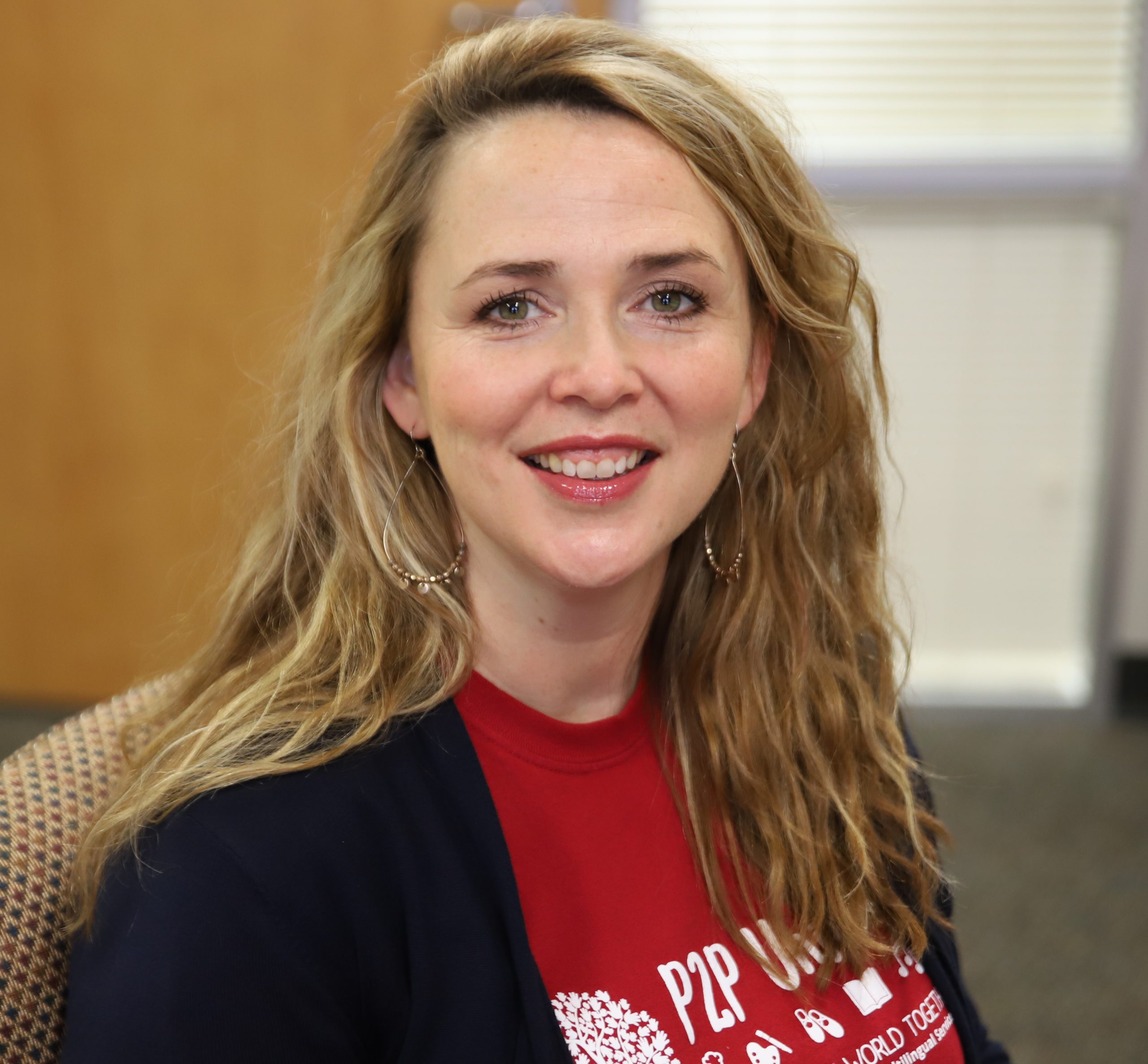
In today’s increasingly collaborative and interconnected world, building effective teams not surprisingly tops the list of critical responsibilities of school and district leaders. In the quest to unlock the magic of effective teams, Google conducted Project Aristotle, a study revealing that the success of a team had little to do with personalities, expertise, or years of experience. Rather, individual talent and intellect repeatedly took a back-seat to what author Shawn Achor calls “collective intelligence”, that is the synergy and success that comes from nurturing and capitalizing on the sum talent of the team.
In our district, we describe the culture and mindset of effective teams as “we not me” and recognize that the precursor to unleashing collective intelligence is psychological safety. In order to ensure the team’s ecosystem flourishes, team habits, specifically learning and meeting habits, must be constructed. Habit building fosters a symbiotic relationship between team members that ensures success and prevents large scale failure. Considering our current reality in these unprecedented times, psychological safety needs to be at the core of everything we do to support our students, teachers, and families.
Learning habits

So, how do leaders develop new learning habits and avoid creating a culture that is apathetic, anxious, or resistant to change? First, leaders must recognize that a team’s ecosystem should include a symbiotic relationship between psychological safety and shared accountability for outcomes. It is through this balance that teams are safe failing forward and discussing the causes behind such failures without feelings of shame, incompetency and disappointment.
In a psychologically safe environment, team members can be vulnerable and share learning experiences with colleagues to avoid replicating those mistakes or use those lessons to predict where future failure might appear. Anthony Kim, co-author of The New Team Habits and CEO of Education Elements, describes the creation of such learning habits as the “process of sharing mistakes [that] allows us to grow and transfer learning.”
By engaging in these learning conversations, individuals become accountable to each other in advancing the organization’s shared vision. To deepen the psychological safety needed to cultivate learning habits, leaders can follow recommendations from Dr. Amy Edmonson, author of The Fearless Organization:
- Frame the work as a learning question, rather than an execution question
- Acknowledge your own fallibility
- Model curiosity to create a necessity for other’s voices
Meeting habits
All of us have been in meetings where one or two people take the conversation hostage or decisions are made prior to the meeting yet input is requested to make people feel like they have “ownership.” These ineffective meeting habits often result in disengagement and the destruction of “we not me.” Although Project Aristotle proved there was no “magical formula” in team composition, two team meeting habits, ostentatious listening and equality in conversational turn-taking, did result in increased team effectiveness and contributed to psychological safety.
One way to develop these two skills is to begin meetings with a check-in. This is a small habit that can have a much larger ripple effect. A check-in is an opportunity for everyone to share and for others to listen. We use check-ins in our district to develop relationships, focus on specific items affiliated with work, or provide leaders with insight on how people are feeling. This has been especially critical in our virtual meetings for people to continue to feel connected to one another and the new work streams affiliated with at-home learning. For examples of check-in questions, see The New Team Habits as well as the questions below:
- Get-to-Know-You-Better: If you could present a TED Talk (professional or personal) what would you present?
- Project Based: What are you seeking to learn or contribute today?
- How Are You: What color represents how you are feeling today?
As you assess the current health of your team(s), reflect on whether or not psychological safety is part of your ecosystem and consider how a simple meeting habit like the “check-in” might enhance team connectivity and success. Ultimately, all of us are trying to build capacity, confidence, and potential within our teams to create big ripple effects. As leaders, our investment in cultivating the learning and meeting habits of effective teams will unleash our collective intelligence and garner better results for the students and communities we serve.
Amy E. Miller is the Executive Director for Curriculum and Delivery, and the New Team Habits Champion at Klein ISD in Texas. Dr. Jenny McGown is Superintendent of the Klein Independent School District in Klein, Texas.







